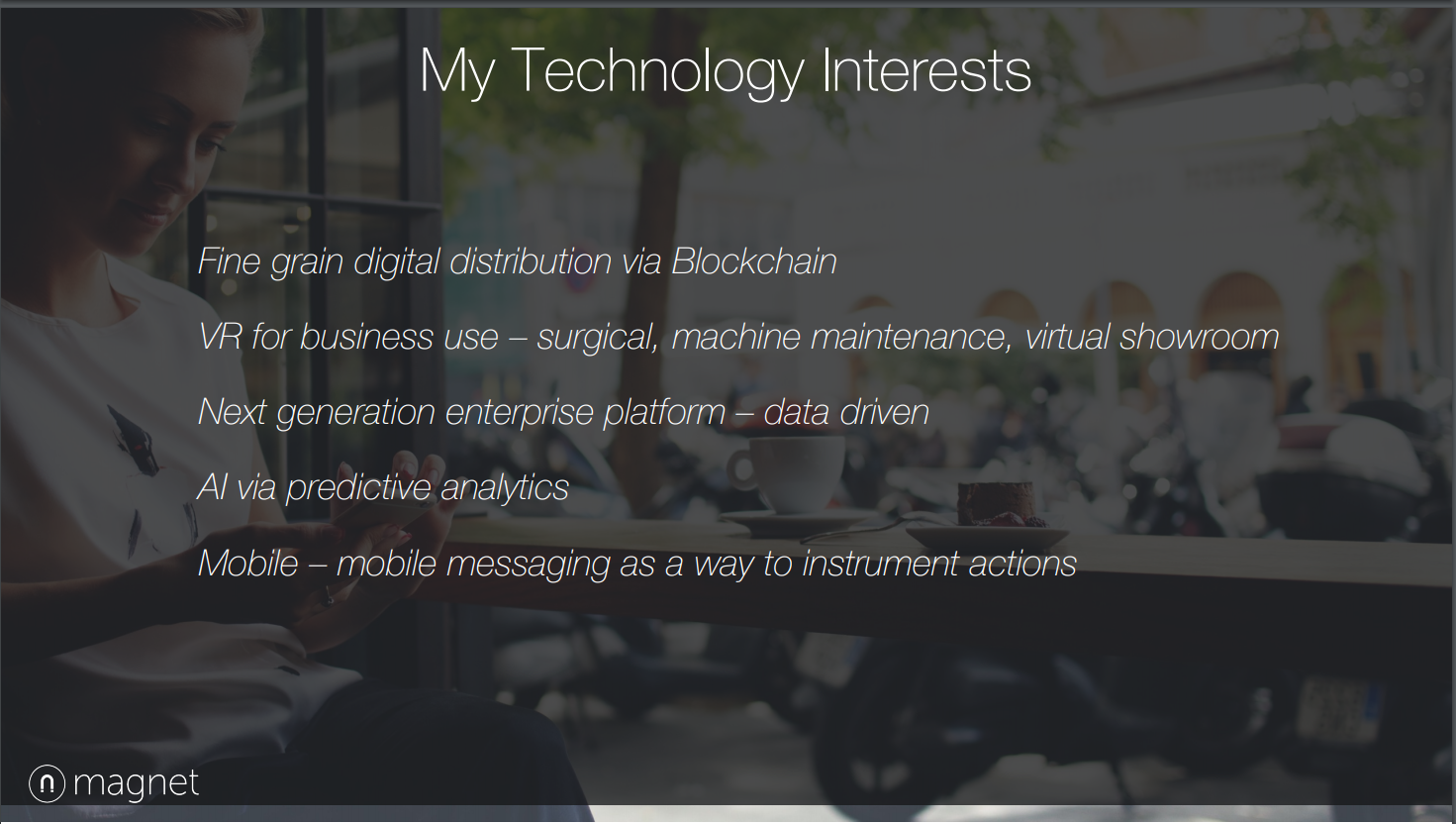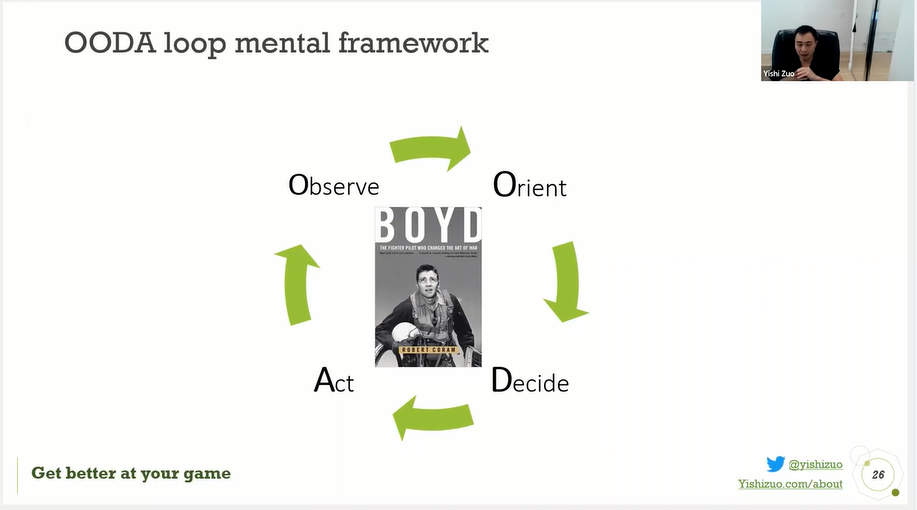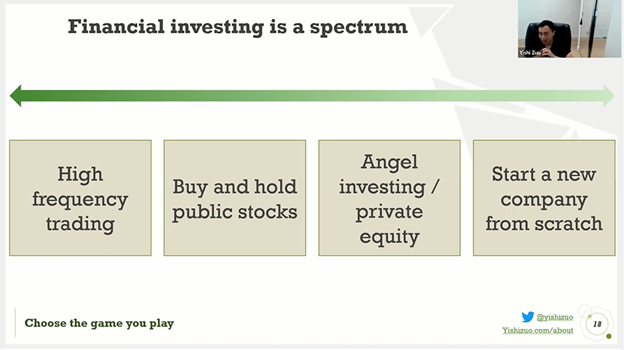Originally from Hong Kong, Alfred Chuang came to North America for higher education. After graduating in the 1980s, he joined Sun Microsystems and rose through the ranks.
In 1995, Alfred left Sun to co-found BEA Systems as the CTO. He became CEO in 2001, and Chairman of the Board in 2002. Eventually BEA Systems was acquired by Oracle for $8.6 billion in 2008. In 2011, famed venture capital firm Andreessen Horowitz named Alfred Chuang the CEO of the Decade.
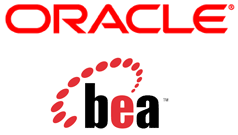
As a fellow Asian-American entrepreneur, Alfred’s immigrant success story resonated with me. I wanted to learn more, so I went out on a limb and cold-emailed him, inviting him to come to MIT Sloan and share his wisdom with a group of my classmates. Thankfully, he accepted the invitation and spoke with us on April 3rd.
Below are the 3 highlights from the discussion that I found most interesting. (Here is the video in full, and transcript here)
#1 Strengths & Weaknesses
I asked Alfred, “What are you better at that most successful CEOs, and what are you worse at than most successful CEOs?” (46:10)
Alfred’s insightful response, “I can sniff through wasted dialogue better than non-technical CEOs.”
To paraphrase more bluntly – he can tell when people are bullshitting.
Alfred admits that he may be biased given his technical background. In any case, he doesn’t like to waste time.
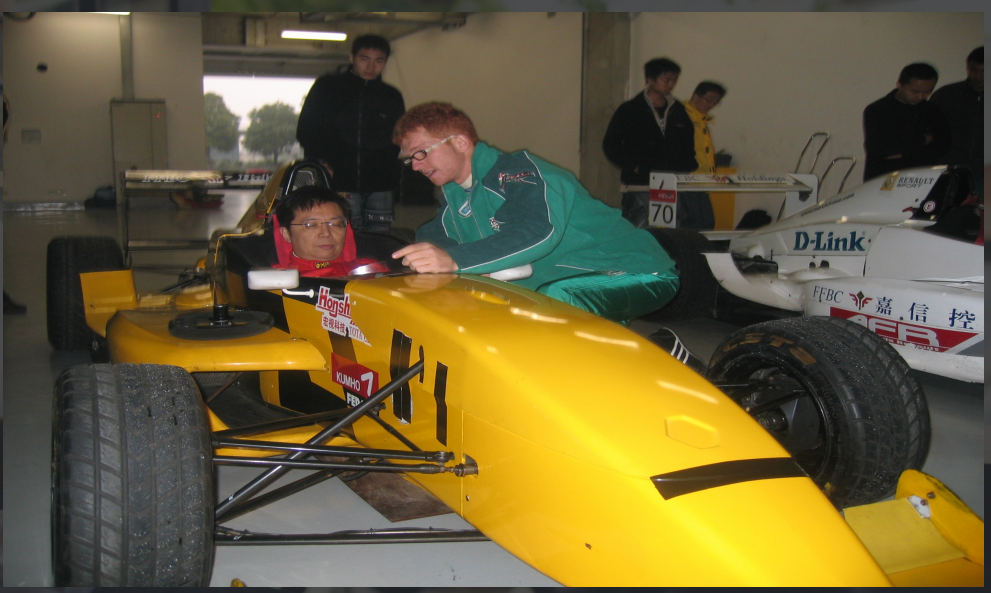
Early on in the presentation, Alfred mentioned that one of his strengths and core philosophies is speed. (4:50) I observed some of this in the way he structures his sentences while speaking – methodically pointed and borderline staccato. And it is signaled through his mannerisms –fast paced and concise.
His strength of being able to move quickly makes sense given his subsequent response to the weakness question.
Alfred says his weakness is, “I’m not patient enough, and I wish I was more patient.”
He hints that this is something he has worked on for a while, but that he still snaps quickly when people “go on and on and not get where they need to be” and he wishes he could “coach them”.
Interestingly enough, people told Alfred that he would get better at this as he grows older, but he admitted to chuckles from our audience that his patience has actually gotten worse over time!
#2 How to choose a good start-up to work for
An MBA classmate in the audience asked Alfred (37:00), “How should one choose which start-up to work for?”
Alfred’s memorable response was: “Smell the trail of money. Don’t forget where the money is coming from”

He went on to say, “It doesn’t matter how much funding a start-up has raised. Working at a start-up is not fun unless customers are buying the product, and market adoption is critical.”
Note that Alfred didn’t say something trite like “follow your passion”. His mentality is very pragmatic and ruthlessly rational.
As an added perspective, in a 2012 presentation – someone asked Alfred why he decided to start another company after BEA. Alfred explains simply and unabashedly that he has an “animalistic instinct” to make money.
I for one appreciate his authenticity.
#3 Understanding people
I asked Alfred 2 more questions, both related to people skills: (51:00)
- Do you have any tips for sales and business development?
- Do you have any tips for sizing someone up when deciding whether to hire them or not?
Alfred’s answer the business development question was to first mention his former colleague and co-founder Ed Scott. Alfred stated, “Ed was an incredible human being. Ed was an extraordinary deal guy. The best deal person I’ve ever seen.”

Alfred followed by saying that his biggest takeaway from Ed was that during deals – you should always start with what the other side wants.
That was how in 1996, BEA was able to structure a critical early deal with industry giant Novell. At that time, Novell was a multi-billion $ company, and BEA only had 15 people. Ed and Alfred were able to structure a win-win deal by asking probing questions over many meetings and digging in to understand what Novell wanted. Alfred indicates that this Novell deal was the “best deal BEA ever did” and paved the way for BEA’s future success.
Alfred’s answer to the “tips for reading people” question was simple. He said, “I like to look people in the eye, and it becomes much harder for them to lie to you.”
He also mentioned that Saturday / Sunday brunches are great way to get to know someone as it is a less structured environment. When people are comfortable, their true selves come out.
What is Next
Today, Alfred is the CEO and Chairman of Magnet – an enterprise software company focused on Mobile Middleware. He is also an advisor / angel investor in many consumer + enterprise software startups.
Magnet’s product is written in Java and the front end is native iOS and Android.
They are hiring mobile developers and blockchain developers.
In general, they are looking for both people with strong technical skills and strong marketing skills. http://www.magnet.com/company/contact/
Below is a list of start-up areas he is interested in.
